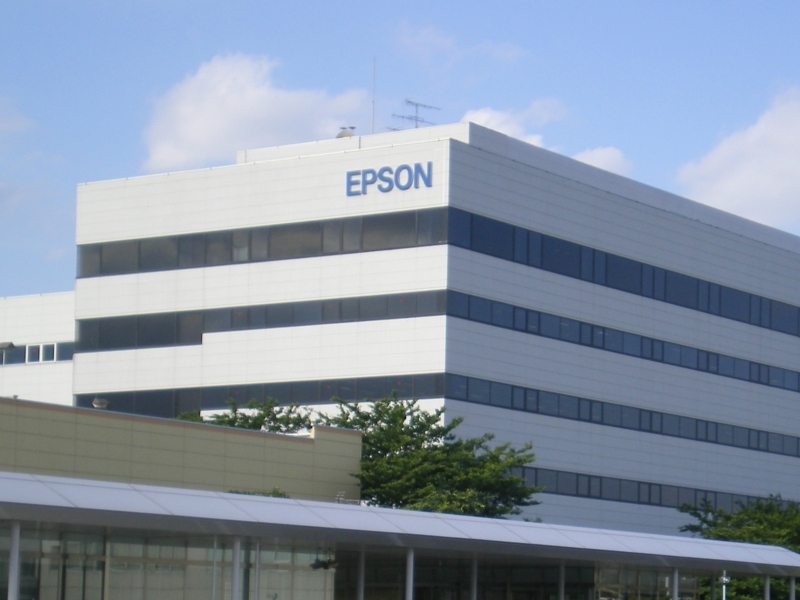How Technology is Shaping the Business Environment

The COVID-19 pandemic forever changed the way we do business across all sectors of the economy. The disruption caused a major shift in the operations as many companies had to go digital in a matter of days, not years. According to the latest Report by Mckinsey, if companies sustain this newfound speed and agility, it’s conceivable that more innovation will happen in the next ten years than in any previous decade in modern history. Life in the 2030s could be vastly different from today.
We also witnessed and will continue to witness disruption in the space of health and well-being workplace technology, which includes not just wearable devices and smartphone health-tracking apps, but occupational health-tracking systems, employee engagement apps, virtual assistants, and even smart lockers. Digital workplace technology creates a far healthier lifestyle for the tenants or the users of space – they are more productive and satisfied in their jobs and more content overall as a partial consequence of being fulfilled by the environments in which they spend time.
Enter Video Conferencing Technology
Meanwhile, even in the post-pandemic era, most organizations adopted the hybrid work system. A key concern has been the risk of employees working remotely in silos and the associated loss of collaboration. On the other hand, digital tools are becoming more sophisticated and, in the current remote working environment, adopted more widely. An example is the use of video conferencing tools and programmes which allow for virtual meetings and collaboration. We have seen a notable increase of video technology being used for investor meetings, court hearings, and client-service provider interactions.
The proliferation of digital workplace productivity tools also means that the adoption of enterprise cloud services, especially those capable of supporting large numbers of concurrent users, is set to accelerate. Restrictions in the supply of certain hardware, and more general cost constraints on businesses, will make cloud services and virtualization all the more attractive.
Over several decades, we have watched as technology has revolutionized commerce, communication, information, transportation, and most recently, fintech.
Revolutionizing the Last Mile
The last mile has become the most important and complex part of the delivery process. Post-pandemic, businesses will need to use technological solutions to thrive amidst a new landscape of challenges. Luckily, today’s innovations allow businesses to engineer their last mile for speed, satisfaction, and success.
Artificial Intelligence (AI) Customer Service Models
Post-pandemic, consumers will be expecting more than rudimentary chatbots, especially when it comes to their packages. AI models built for customer service can help businesses meet last-mile priorities no matter the size or scale of their team.
Thanks to machine learning (ML) and natural language processing, today’s AIs can communicate and understand naturally spoken and written English. This allows an AI to fill in the gaps of a customer service team and even improve last-mile query response times.
Improving the quality of education
The last mile technology will also help in improving the quality of education. With children’s varied learning styles and abilities, using technology to deliver education in different ways is vital. It can speed up learning and children can be more attentive. In some cases, it has shown to reduce absenteeism. Technology can also support teachers in accessing teaching material and professional development resources. Epson, in collaboration with World Mobile, is supporting education in Zanzibar, by providing the technological tools that inspire children to learn and teachers to teach.
Epson’s printers and projectors, alongside World Mobile’s low-cost wireless network, are bringing new ways of learning to Zanzibari schools, with an emphasis on environmental and economic sustainability. Working with the Tanzanian government and teachers at the frontline of education, our partnership has opened up opportunities not just for the school children, but for the whole community.
With World Mobile and Epson’s input, each school will become a technological hub of education and life-long learning, run by the people, for the people. We place community ownership at the heart of what we do – each school ‘hub’ provides connectivity to the wider community, earning them node rewards in the local currency with each transaction made on the network.
Together, World Mobile and Epson hope to develop this partnership with schools across East Africa, enabling a range of technological solutions that deliver world-class education, thus improving the future prospects of the children and of their community.
Follow us on Telegram, Twitter, and Facebook, or subscribe to our weekly newsletter to ensure you don’t miss out on any future updates. Send tips to info@techtrendske.co.ke





